Speaking to around 70 attentive hearers at the MGH institute on December 2 2024 on the occasion of the publication of his critical edition of Joachim of Fiore’s most voluminous opus, the Apocalypse Commentary, Professor Dr Alexander Patschovsky assured the audience that in 20 years of work on the author’s texts there had never been a dull moment („Sie können mir glauben, ich habe mich in den letzten 20 Jahren bei der Arbeit mit den Werken Joachims keinen Moment gelangweilt“)
Patschovsky vividly conveyed his enthusiasm for the theology of the Calabrian order's founder to the audience in the MGH reading room as well as the stream participants from the USA, England, Italy, Switzerland, Austria and Germany, whose unique feature he described as the semantification of history. While Augustine, for example, viewed history as a finite state that might end any time, semantified history defines both the beginning and the end of history as integral parts of a meaningful construct. In Joachim’s case, mankind, as a sinful creation, must pass through the crucible of three world ages, which correspond to the Holy Trinity, and be purified of its blemishes in order to escape the plagues of earthly existence and attain heavenly perfection. In the end, a paradisiac condition awaits us all.
According to Patschovsky, Joachim’s holistic model of the Holy Trinity could have offered theologians an interesting field of study. Unfortunately, however, the Calabrian’s concept of the Trinity contradicted the prevailing doctrine taught by Petrus Lombardus at the University of Paris, which led to the condemnation of his views as heretical at the IV Lateran Council in 1215. The reputation of heresy clung to Joachim of Fiore in the following centuries and hindered the reception of his works by „main stream“ theology.
With the Apocalypse Commentary, Alexander Patschovsky has concluded his edition of Joachim of Fiore’s trilogy, consisting of Joachim’s Psalterium decem cordarum, which lays the hermeneutical groundwork for his interpretation, his Concordia Novi ac Veteris Testamenti as an historical analysis, and his Apocalypse Commentary as a socially critical application of his philosophy. The trilogy was previously only available in poorly legible early Venetian printed editions. In cooperation with the Italian Istituto Storico Italiano per il Medio Evo, which is responsible for editing Joachim’s complete opera, it is now available in critical edition in the MGH series „Quellen zur Geistesgeschichte des Mittelalters“.



